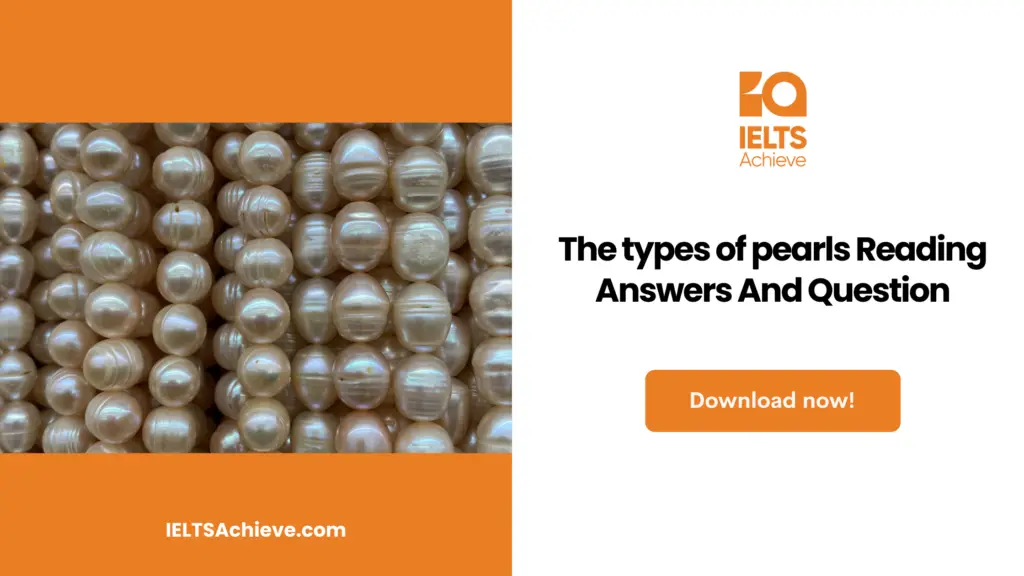The Blog post contains the following IELTS Reading Questions:
- IELTS reading yes/no/not given
- IELTS reading summary completion
- IELTS reading short answer question

IELTS reading passage – Attitudes to language
Attitudes to language
Being systematic and objective in language study is not simple. The famous linguistic argument continues to escalate into intrusive debating. Language belongs to all, so many individuals think they have a right to have a view about it. And when thoughts differ, feelings are high. Debates can begin at small points of application, as well as important principles of linguistic education.
Language, moreover, is very general behavior, so it is simple to refer to and critique different uses. Community or social behavior is no exception, and linguistic factors affect how we determine character, brilliance, social status, educational standards, workability and identity, and many places of social survival. As a result, language use is easier to hurt and hurt when attacked emotionally.
In its most known sense, one type of language is naturally superior to another, and the notion that it should be imposed on the entire speech community. Vision is particularly relevant to grammar and vocabulary and is often associated with pronunciation. The preferred type in this account is usually the version of the ‘standard’ written language, particularly the standard spoken language that most closely reflects this style in the literature or not. Followers of this category will speak or write ‘correctly’, Deviations from it are said to be ‘false’.
All major languages have been reviewed in a recommended manner, particularly in the 18th-century method of writing grammar and dictionaries. The motives of these early grammarians were threefold, they wanted to encode the principles of their languages, they wanted to show that there was a system under obvious confusing use, they wanted a way to resolve disputes overuse, and they liked to point out what they sensed to be typical mistakes were to ‘improve’ the language. The authoritarian nature of the method is best classified by reliance on the ‘rules’ of grammar. Some applications are ‘recommended’ and must be learned and followed accurately, while others are ‘prohibited’ and should be avoided. In these earlier days, there were no half-measures, whether the application was correct or incorrect, and the grammarian’s job was not simply to record the alternatives, but to pronounce judgment on them.
These approaches are still with us, and they encourage widespread concern that linguistic standards must be maintained. However, there is an alternative view that is less concerned with standards than the realities of linguistic usage. This method summarizes that it is the task of the grammarian to describe the facts of linguistic diversity, not to suggest-record, and not to try impossible tasks such as assessing language variation or stopping language modification. We have already found this opinion of people like Joseph Priestley in the second half of the 18th century when the foundations of his English grammar (1761) emphasized that ‘spoken language is the original and reasonable standard of any language’. It is argued that linguistic problems cannot be solved by logic and law. This opinion has become the theory of the modern linguistic method of grammatical study.
In our time, the antagonism between ‘interpretation’ and ‘prescriptivism’ is frequently intense, with both sides drawing untrue pictures of the other. Interpretive grammarians are presented as individuals who do not care about standards because they see all kinds of usage as equals. Grammarians who have been nominated as blind adherents of a historical tradition are presented. Opposition is also expressed in extreme liberalism and semi-political terms against elite conservatism.
Attitudes to language IELTS reading questions
Question (1 – 5)
Do the following statements agree with the information given in the Reading Passage?
Write
YES if the statement agrees with the claims of the writer
NO, if the statement contradicts the claims of the writer
NOT GIVEN if it is impossible to say what the writer thinks about this
1. It is not easy to be systematic and objective in language study.
2. Buying grammar books in the 18th-century cost more money.
3. Language use is not easier to hurt and hurt when attacked emotionally.
4. One type of language is naturally superior to another
5. Vision is particularly irrelevant to grammar and vocabulary
Want to excel in identifying the writer’s views and claims? Click here to explore our in-depth guide on how to accurately determine Yes, No, or Not Given in the IELTS Reading section.
Question (6 – 10)
Complete the summary below. Write NO MORE THAN TWO WORDS from the passage for each answer.
Most of the major languages have been studied in a suggested manner, especially in the 6 __________ method of writing grammar and 7 ____________. One of the goals of the early 8 ______________ is, they wanted to encode the principles of their 9 _____________. The authoritarian nature of the method is best classified by reliance on the 10 ____________ of grammar.
Boost your performance in Summary, Notes, Table, and Flowchart Completion tasks. Click here to explore our detailed guide and learn how to effectively complete summaries, notes, tables, and flowcharts in the IELTS Reading section.
Question (11 – 13)
Answer the questions below.
Choose NO MORE THAN THREE WORDS from the passage for each answer.
11. How many half-measures in the earlier days?
12. Is linguistic issues can be solved?
13. Who was nominated as blind adherents of a historical tradition?
Unlock your full potential in the IELTS Reading section – Visit our IELTS Reading Practice Question Answer page now!
Recommended Questions:
Renewable Energy IELTS Reading Question with Answer
Attitudes to language reading answers
1. Answer: Yes
2. Answer: Not Given
3. Answer: No
4. Answer: Yes
5. Answer: No
6. Answer: 18th century
7. Answer: dictionaries
8. Answer: grammarians
9. Answer: languages
10. Answer: rules
11. Answer: No or Zero
12. Answer: No
13. Answer: Grammarians

We hope you found this post useful in helping you to study for the IELTS Test. If you have any questions please let us know in the comments below or on the Facebook page.
The best way to keep up to date with posts like this is to like us on Facebook, then follow us on Instagram and Pinterest. If you need help preparing for the IELTS Test, join the IELTS Achieve Academy and see how we can assist you to achieve your desired band score. We offer an essay correction service, mock exams and online courses.


